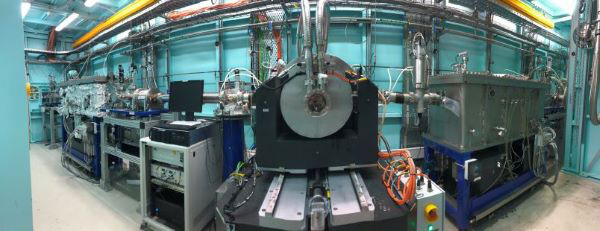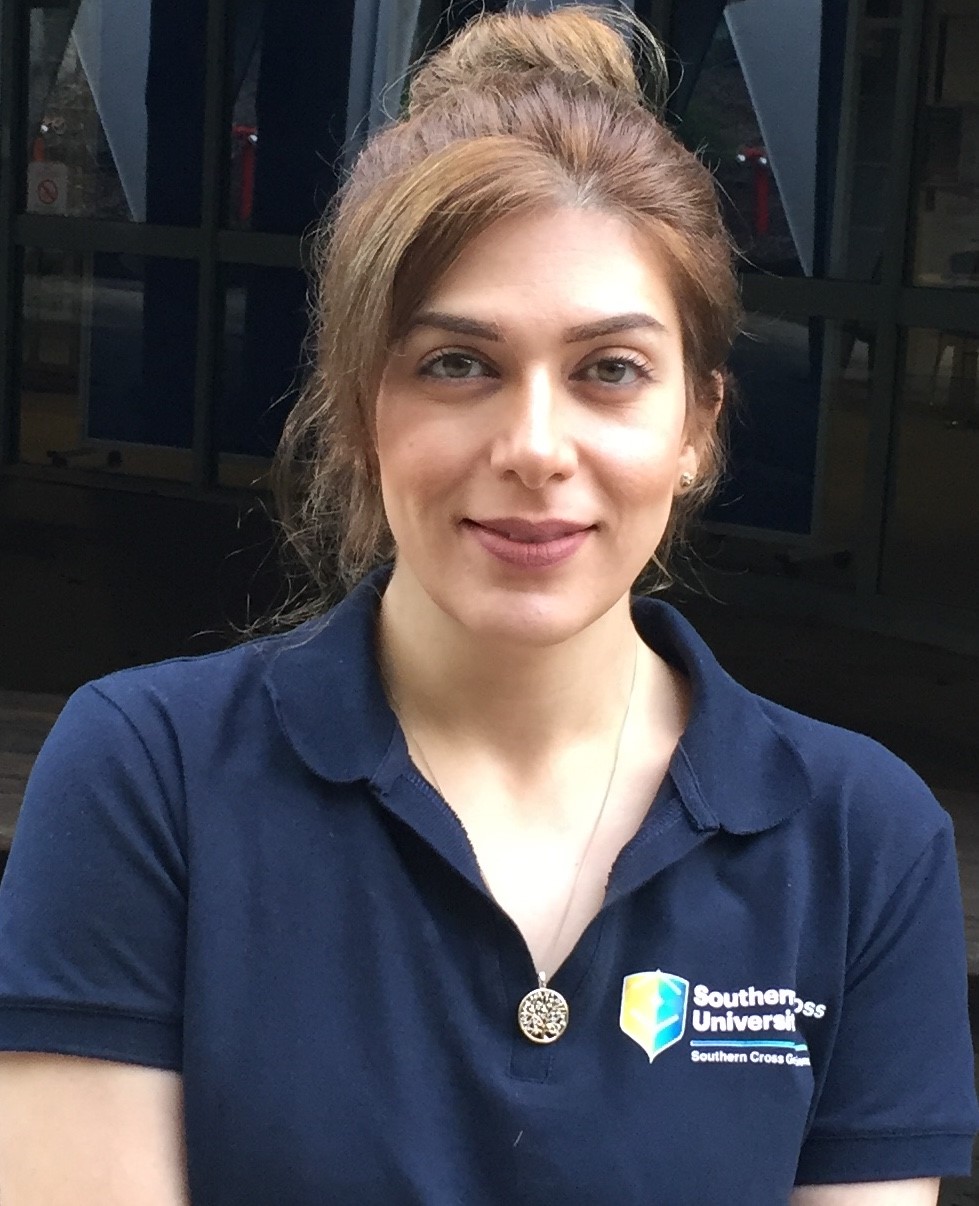 |
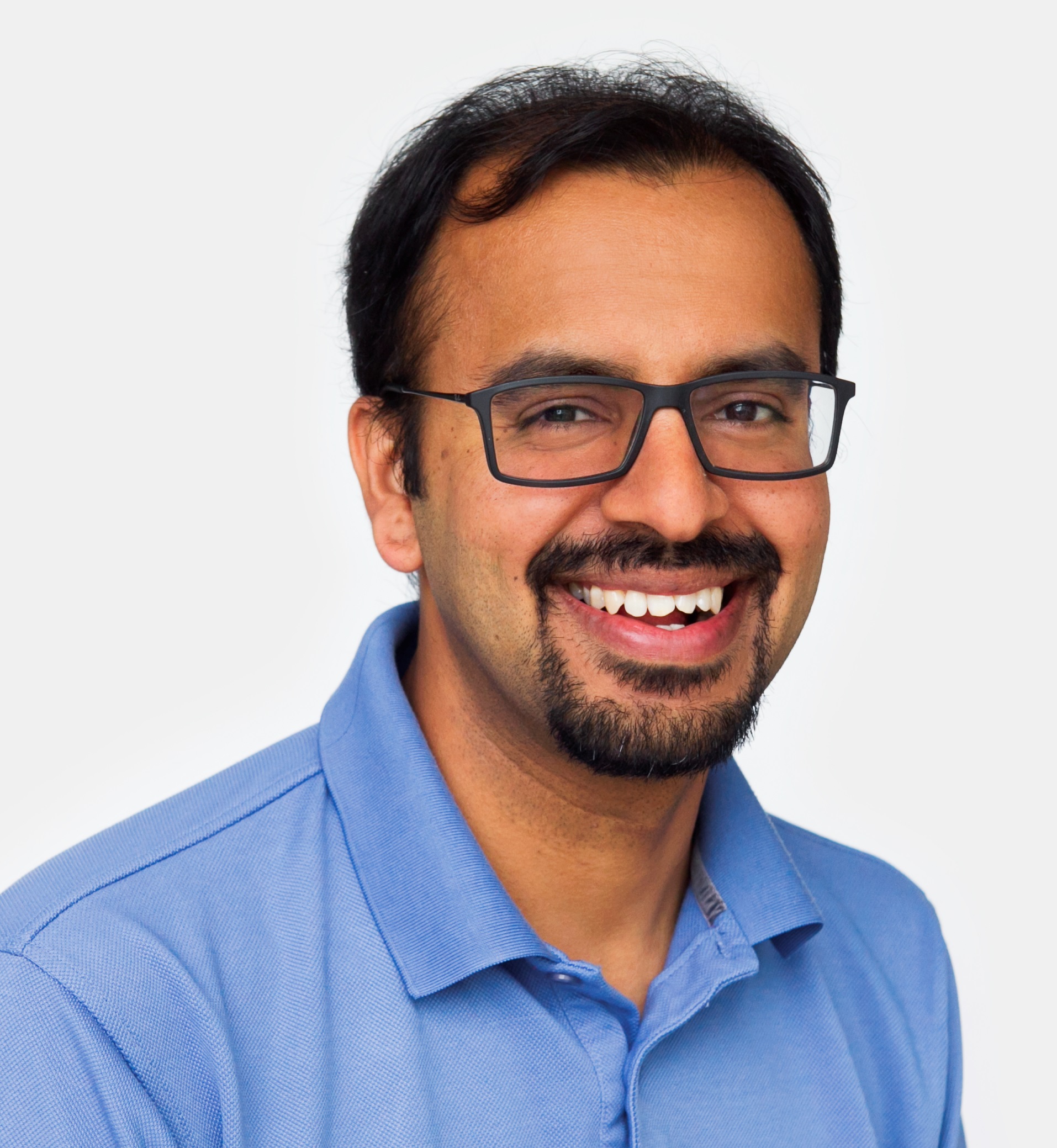 |
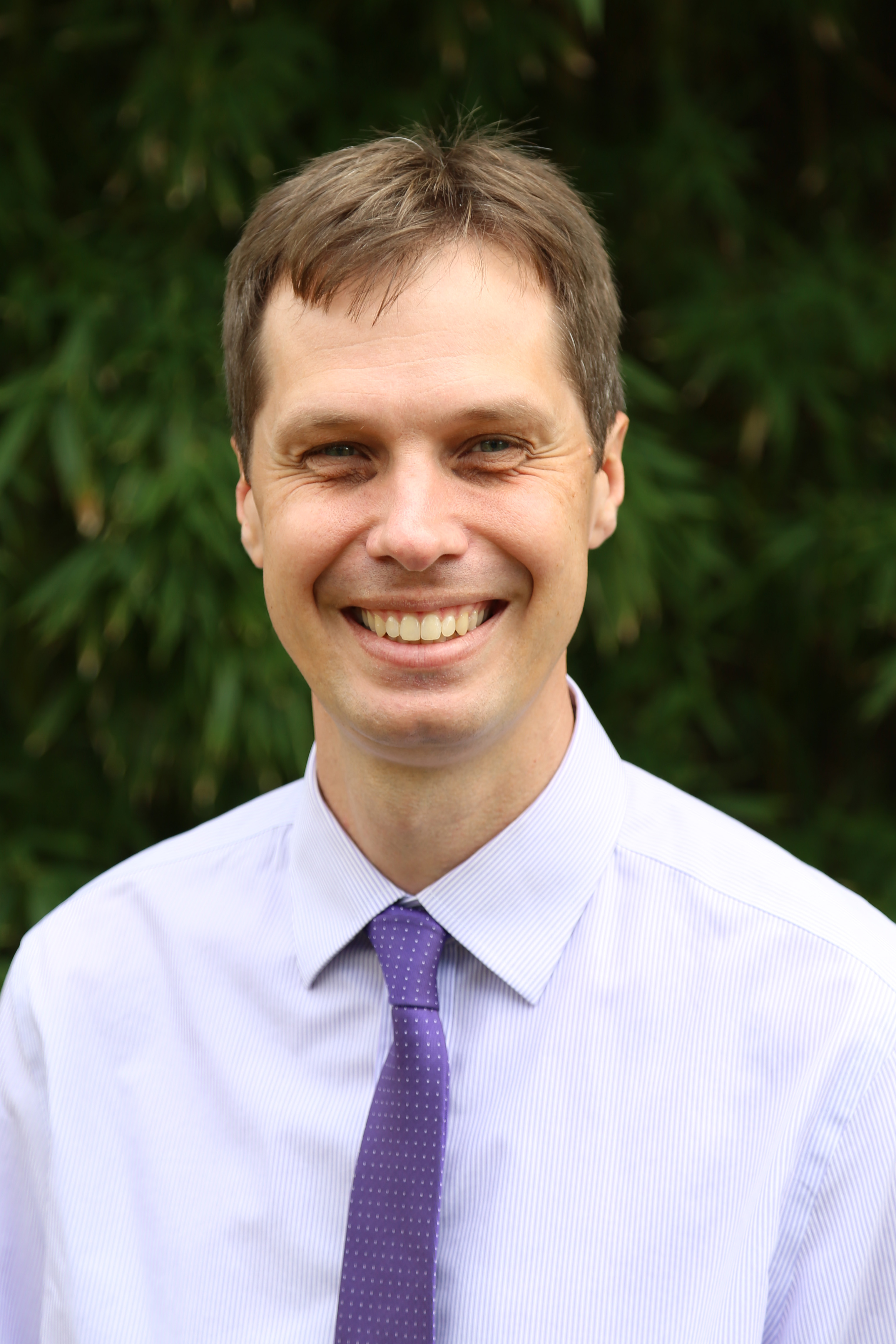 |
| Dr Niloofar Karimian | Assoc. Prof. Neeraj Sharma | Prof. Peter Kopittke |
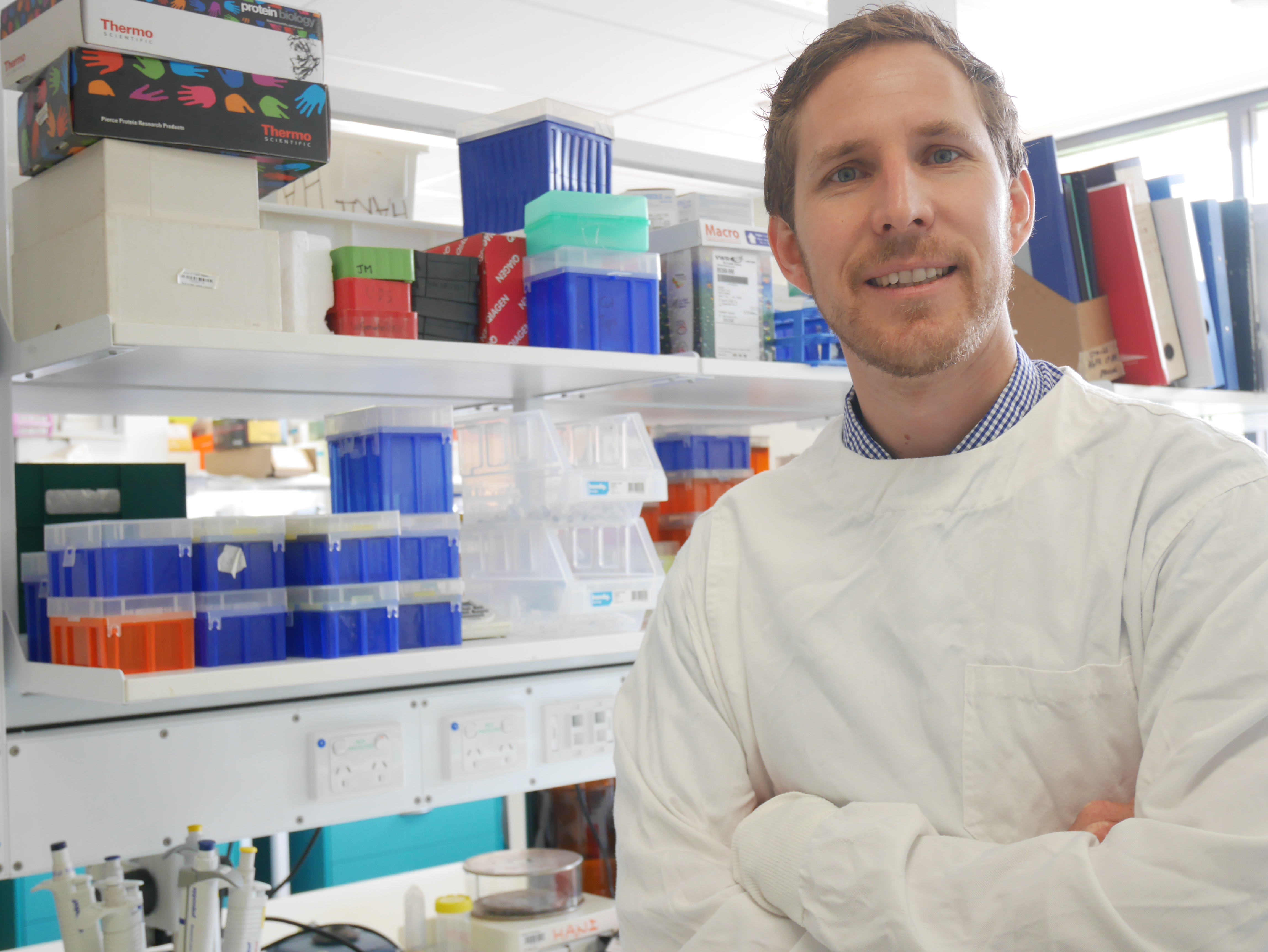 |
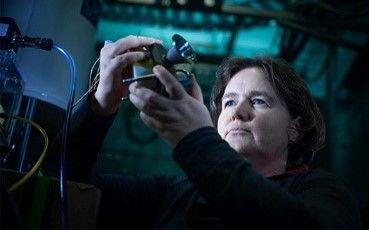 |
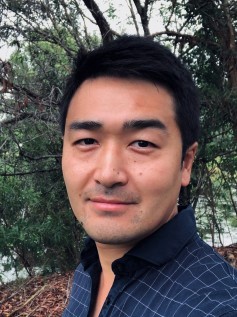 |
| Dr Mark Hackett | Dr. Rosalie Hocking | Dr Ryo Sekine |
Dr. Niloofar Karimian, Postdoctoral Research Fellow, Southern Cross GeoScience, SCU
Talk title: Using X-ray Absorption Spectroscopy to unravel the mechanisms of Arsenic and Antimony uptake by Iron and manganese minerals
Dr Niloofar Karimian is a Postdoctoral Research Fellow in the Environmental Geochemistry and Mineralogy group at Southern Cross GeoScience (SCGC), Southern Cross University (SCU). She attained her PhD in Environmental Geochemistry from Southern Cross GeoScience, SCU and received the Southern Cross University Chancellor’s Medal for the outstanding PhD thesis (2017). Her research focuses on how mineral formation and evolution over time affects the geochemical behavior of trace metals and metalloids in the geo-environment using a wide range of advanced analytical techniques including X-ray Absorption Spectroscopy (XAS). She is currently carrying out innovative research ranging from studies involving natural soils to synthetic minerals and pure microbial cultures on trace metals geochemistry. Synchrotron-based techniques have played a significant role in her research from the beginning of her PhD until the present. She applied X-ray absorption spectroscopy to examine changes in iron, sulfur, manganese, antimony, arsenic and chromium during the mineralogical dissolution and transformation of a wide range of minerals in different pH and redox conditions.
Dr. Neeraj Sharma, Associate Professor (Chemistry), University of New South Wales
Talk title: Developing better energy storage materials and devices with XAS
Neeraj completed his Ph.D. at the University of Sydney then moved to the Bragg Institute at Australian Nuclear Science and Technology Organisation (ANSTO) for a post-doc. He started at the School of Chemistry, UNSW on an Australian Institute of Nuclear Science and Engineering (AINSE) Research Fellowship followed by an Australian Research Council (ARC) Discovery Early Career Research Award (DECRA). He is currently an Associate Professor and ARC Future Fellow. Neeraj has been the Royal Australian Chemical Institute (RACI) Nyholm Youth Lecturer (2013/2014) and has won the NSW Premiers Prize for Science and Engineering (Early Career Researcher in Physical Sciences, 2019), Australian Synchrotron Research Award (2018), RACI Rennie Memorial Medal for Chemical Science (2018), UNSW Postgraduate Supervisor Award (2017) and a NSW Young Tall Poppy Award (2014). Neeraj has over 160 publications and has been invited to present his work at over 30 conferences. Neeraj’s research interests are based on solid state chemistry, designing new materials and investigating their structure-property relationships. He loves to undertake in situ or operando experiments of materials inside full devices, especially batteries, in order to elucidate the structural subtleties that lead to superior performance parameters. Neeraj’s projects are typically highly collaborative working with colleagues from all over the world with a range of skillsets.
Prof. Peter Kopittke, Professor of Soil Science, University of Queensland
Talk title: Using XAS and MEX in agricultural sciences to increase productivity and profitability while simultaneously decreasing environmental impact
Peter Kopittke is Professor at The University of Queensland. As a Soil Scientist, Peter is actively involved in the management and conservation of soil; one of the basic elements which sustain life. Whilst soil takes hundreds or thousands of years to form, it can be destroyed in a matter of years if not managed correctly. The management and conservation of the soil-environment is arguably the biggest challenge we face as we move into the future. We need new ideas to solve the world’s problems.
Peter's research spans the areas of agricultural production and environmental chemistry, currently focusing on (i) improving plant nutrition through efficient and environmentally friendly use of fertilisers in soils, (ii) the toxicity of trace metals to plants, and (iii) overcoming nutritional constraints through the use of foliar fertilisers.
Dr Mark Hackett, Senior Lecturer, Curtin University
Talk title: TBA
Mark Hackett is a mid-career ARC-Future Fellow at Curtin University and his research sits at the interface of analytical chemistry and biology, particularly neuroscience. He completed his undergraduate degree at Curtin University (2006), before completing a PhD at The University of Sydney (2011), followed by two research fellowships at the University of Saskatchewan, Canada (2011 – 2016). He returned to Australia in 2016 to commence his independent academic career in the department of chemistry at Curtin University. Synchrotron techniques are a core component of his research program, and he regularly uses the IRM, XAS, and XFM beamlines at the Australian Synchrotron.
Dr. Rosalie Hocking, Senior Lecturer and Deputy Department Chair, Swinburn University of Technology
Talk title: Engineering novel materials at the Nanoscale – Innovation through Characterisation
Rosalie Hocking is a chemist whose research is aimed at among other things the development of new ways to understand and characterise materials– she works on electrochemical devices to make commodity chemicals (like hydrogen and ammonia) from solar-derived electricity. Where her work makes extensive use of the Australian Synchrotron where she uses X-rays to find out how new materials work, and why sometimes they don’t! She is also researching the development cheap sensor devices that would enable everyday people with materials characterisation tools essential for applications like Asbestos identification on building sites. Rosalie completed her PhD in physical and inorganic chemistry from the University Sydney in 2004. She has since held positions at Stanford University/Stanford Synchrotron Radiation Laboratory, CSIRO Land and Water, Monash University and James Cook University before commencing her current position at Swinburne University of Technology. She has served as Chair of the User Advisory committee of the Australian Synchrotron and on the Program Advisory Committees for two beamlines. She is also currently Deputy Department Chair of Chemistry and Biotechnology at SUT.
Dr Ryo Sekine, Lecturer, University of the Sunshine Coast
Talk title: XANES Data Analysis Workshop presenter
Ryo Sekine is a Lecturer in Chemistry at USC’s new Moreton Bay campus with an interest in spectroscopy and environmental science. After completing his PhD in physical chemistry (Monash, 2012), he held postdoctoral positions at UniSA, NERC-CEH (Marie Skƚodowska-Curie Fellow) and Griffith University before commencing his role at USC in January 2020. Ryo has broad expertise in spectroscopy from vibrational analysis to X-ray methods, having successfully applied a range of synchrotron-based techniques to investigate environmental challenges, including the risk assessment of nanomaterials in the environment, soil/sediment geochemistry, and more recently, climate change mitigation strategies.
